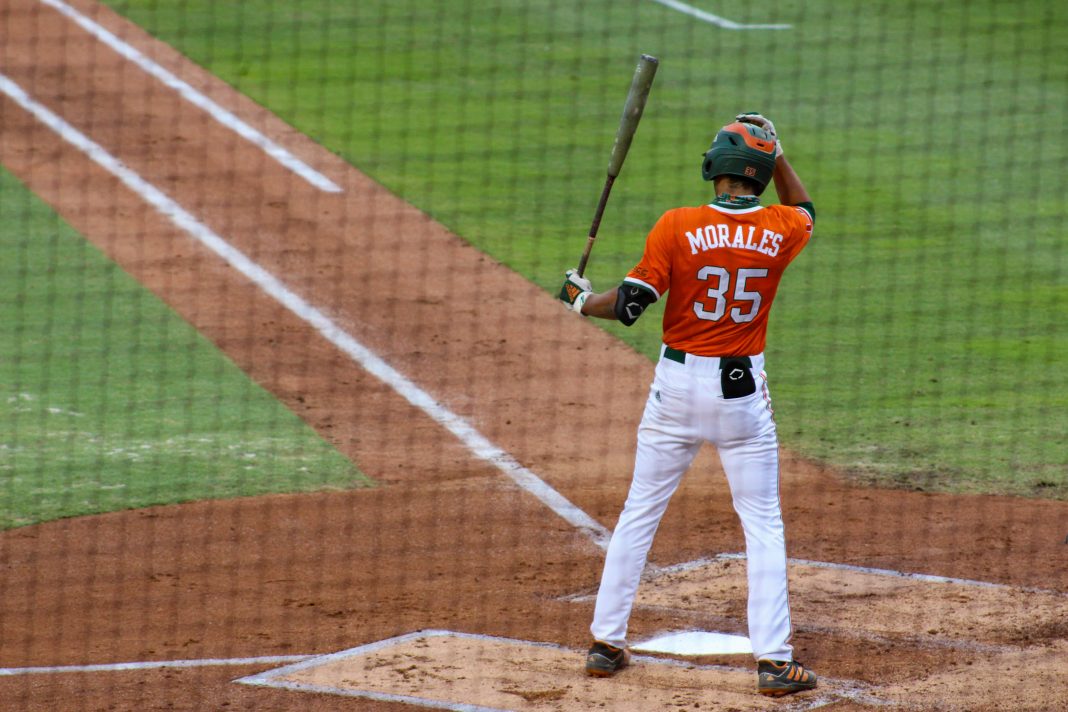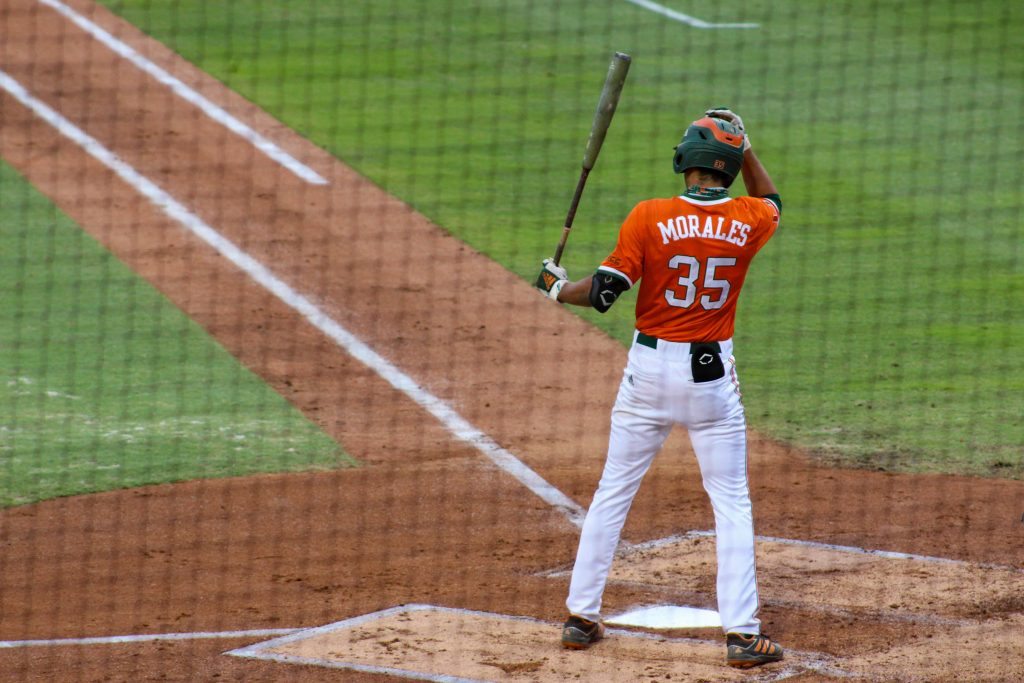

Fans and teams who are used to the normal format for the NCAA Baseball Tournament will have to readjust, as the NCAA has released changes to the standard preliminary round procedures for the 2021 championships. Home field advantage, once taken for granted throughout college baseball’s playoffs, will be changed for the upcoming postseason.
Due to the ongoing coronavirus pandemic and the need to certify hosting sites further in advance than in a normal tournament, some reforms will be instituted to this spring’s postseason.
In pre-COVID seasons, the 64 baseball teams that earn NCAA Tournament bids are divided into 16 geographical regions and awarded seeds between No. 1 through No. 4. Each of the 16 top seeds host the other three programs in a double-elimination regional round at their own ballpark. All regions are paired with a separate four-team bracket, with the two regional winners facing each other in a best-of-three series known as the super regional, with the higher seed hosting the games in their own stadium. The regionals and super regionals are held on back-to-back weekends.
The field is narrowed down from 64 teams to 16 after regionals, and then to just eight after the super regionals. Those eight programs then advance to the College World Series in Omaha, Neb. each June.
In a season still abundant with abnormality, much of the standard format will remain intact throughout the June postseason. 64 teams will still advace to regionals and 16 to super regionals. Eight programs will subsequently earn a chance to play for a National Championship at Omaha’s TD Ameritrade Park from June 19-30.
But both the regionals and Super regionals—stages which teams strive to earn the right to host and reap home park advantage—will be held at predetermined sites in 2021. The prestige of an overall top 16 or a top eight seed, which normally guarantees a home field regional or super regional should the given team qualify, is nullified.
Logistics were explained in an April 2 NCAA memorandum to Division I baseball coaches and administrators.
“Part of the health and safety protocols for NCAA championships this year was to change to predetermined sites for all sports. In order to fully prepare for COVID-19 testing procedures and protocols, more than a week is needed to prepare the site including certification as a testing site and also to confirm testing personnel from the testing provider. A minimum of three weeks is necessary to ensure that the site will be functioning efficiently,” the memo states. “For the 2021 NCAA Division I Baseball and Softball Championships, preliminary-round sites (regionals and super regionals) will be predetermined.”
Member institutions may bid for the right to host one of the 16 regionals. A program’s on-field product is expected to be a factor in determining hosts. While a three-week interval is necessary for a regional site to be approved by the NCAA, eight of the 16 sites will be additionally designated as super regional hosting locations in the single week between the two rounds. Coronavirus protocols and procedures will be unchanged between the regionals and super regionals.
“There is only one testing location that will be used at each regional and super regional site and it must be a minimum of 2,500 square feet. The testing space may be located in a hotel ballroom or at a designated campus location (at a location other than the competition venue),” the memo says.
Miami head coach Gino DiMare expects UM to place a bid to host postseason play.
“Our school has been fairly strict with handling things, but for the right reasons, and it’s worked out great,” said DiMare. “The state of Florida has been one that had opened up more than a lot of the states around the country. I’m hoping that we are in an area and a place that can attract and have the capability of bringing in three other teams and running COVID tests. You’re going to have to have places, big enough places, and of course hotels and all that different stuff that you always got to have for regionals.”
According to the memo, the timeline for submitting a bid to host a preliminary round is as follows.
Monday, March 29 – bid portal opened.
Monday, April 12 – deadline to submit bids.
Week of May 10 – baseball regional site selection announcement.
Monday, May 31 – baseball selection announcement.
This means that the Hurricanes will know whether or not they made the hosting cutoff well ahead of the regular season’s conclusion. Two weekend series and the Atlantic Coast Conference Tournament await the Canes after the hosting selection announcement but before the regional round.
“All I told our guys is we control what we can control. We kind of set ourselves back a few weeks ago. We’re trying to inch back up into this thing. They know where they need to be if they want to host a regional and a super regional,” DiMare said.
On the subject of fans present, the memo also notes the following:
“The seating capacity for spring championships has not yet been determined. Allocations: subject to capacity-related decisions, the NCAA will determine ticket allocations across constituents, with priority consideration given to participating teams. Reductions may not necessarily be pro-rated equally across constituent groups. Once the seating capacity for spring championships is determined, there will be more direction provided as to any possible reduction (if any) in the allocation of tickets that need to be held for the visiting team(s).”
While the hosting conversation is consequential, Miami’s skipper is ready to accept any challenge, especially in an abnormal postseason.
“If we host, that’s great. I would love to host. And if we don’t, you know what, that’s the way it goes, we got to find a way to win on the road,” said DiMare.






